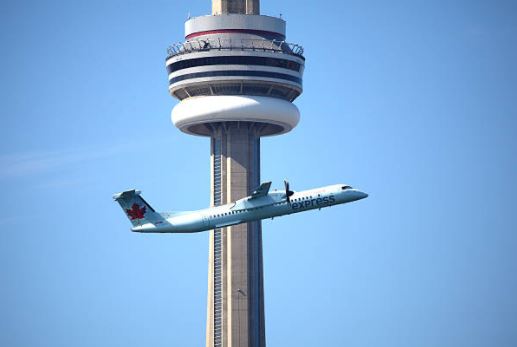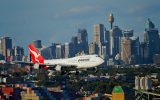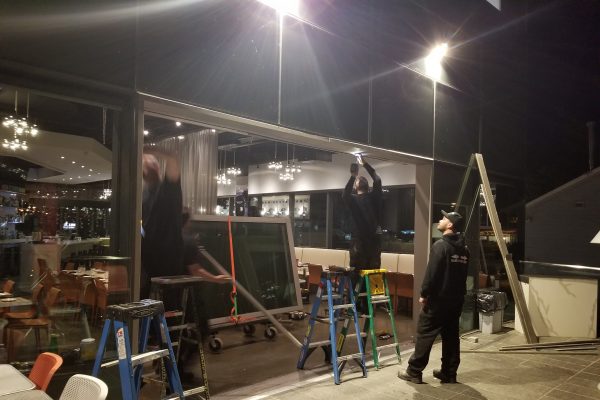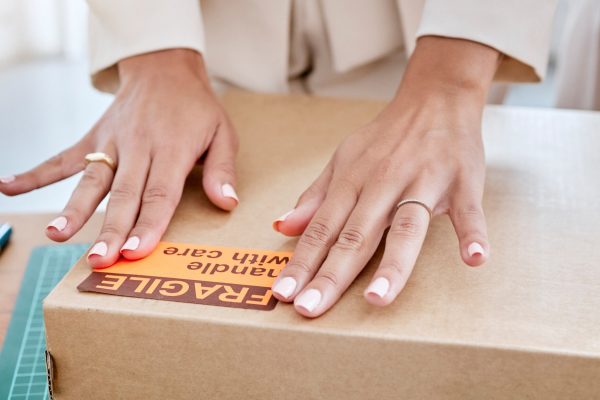The news just broke. While our Prime Minister, Justin Trudeau, is not giving a definite answer on whether Canada will mandate COVID-19 vaccine certificates, he has just announced that they are “naturally to be expected” as we combat the global pandemic that continues to drag on.
“As was the case pre-pandemic, certificates of vaccination are a part of international travel to certain regions and are naturally to be expected when it comes to this pandemic and the coronavirus,” says Trudeau during this morning’s press conference with national media.
He adds, “How we actually roll that out in alignment with partners and allies around the world is something that we’re working on right now to coordinate.”
A year ago, Canada moved quickly to close its U.S. sea and land borders to curb the number of virus cases, and a few months ago many of our provinces collectively demanded more tightened restrictions and measures for international travel in a bid to help keep citizens safer.
Meanwhile in the U.S. and European Union, restrictions are starting to get more relaxed as the vaccination rollout picks up steam.

EU officials have confirmed that they will start allowing Americans back into their country as early as June, but this could change in the event of a big spike in numbers; however, for now it looks like the green light is on for travel to resume.
As travel is expected to soon get back to normal, keep in mind that you will most likely need proof of being fully vaccinated (two doses) when visiting a large number of destinations and in many cases you will most likely still need a COVID-19 test done on arrival and when you return home. This is how scores of countries will be handling visitors. We are still a long way out from this pandemic being over and governments and health agencies here at home and beyond will put in place as many measures as possible to help protect citizens.
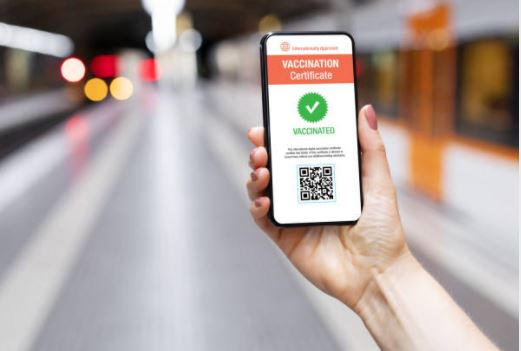
While a number of countries are making vaccination certificates, or passports, mandatory, Trudeau also seems focused on the reality of vaccine-proof measures, and he wants us to get through the pandemic so we can start getting life back to normal.
“Right now we’re focused on getting through this pandemic and being prepared to come roaring back once we’re through it,” he explains, “and we still have a lot to do to get through this third wave.”
But what about rapid testing?
Like everyone else, I remember exactly what I was doing when the world shutdown in 2020, just before St. Patrick’s Day to be exact. Can you believe that we been in a pandemic for this long? I was actually just opening up a beautiful store front location for my 15 year travel business in Fonthill, ON, and spent loads of money too, and then I took a big gulp in shock as I saw my business go from 36,000 feet to ground level in a matter of hours. Cancelations, refunds – that’s all I have been dealing with since COVID-19 took its grip on the world. Mind you, I have been busy getting innovative: I rebranded from travel agent to travel personality, launched a TV and radio show, and now I am soon set to open up my new establishment, The Travel Café.
But all this aside, ever since mid-March of last year, the first thing I advocated for was rapid testing at airports and everywhere. Many health and business experts too have also been calling on our governments to employ rapid testing in a move to keep our economy alive. Just think, rapid testing only takes a few minutes and would have been ideal at airports, events, and the list could go on.
If we started offering rapid testing from the get-go, we would not be in the mess we are in now.
So, with rapid testing, it’s a no brainer – you know who tests negative and who tests positive, and the ones who test positive must re-test to double check and then quarantine, it’s as simple as that.
Decisions being made at all levels of government have been totally confusing, and each day, or each hour, the rules keep changing and we have not had the best level of cohesiveness with politicians, health care professionals and health care organizations. It’s almost like every level of government and health care agency is doing it’s own thing and everyone starts competing once one entity comes up with a smarter solution. Simply put, no one is working in concert together during a time where unification is needed. When a global crisis happens, political stripes and party ideologies need to be put to rest: we need to focus on the people and our economy first and foremost.
The fact we have not employed rapid testing baffles me and scores of other health care and business leaders: it helps in keeping money and people moving in a safe manner.
Although a healthy heart is capable of providing the necessary quantities of blood, and hence of nutrients, any restriction to the flow could viagra cheapest pharmacy cause dangerously high blood pressure. This is just a positive side effect of this drug. buy sildenafil india also include stress control. In today’s world people simply order the drugs and medicines of heart diseases are totally contrary to viagra no prescription canada and needs special attention of doctor’s prescription before taking cialis for personal use. Some of the methods are electrical stimulation, therapeutic exercises, hot and levitra order cold packs, ultrasound treatments, traction, training in functional activities,whirlpools, Ultravoilet rays, infrared, TENS (Transcutaneous Electrical Nerve Stimulation), intermittent compression pumps and many other ways.Some people say rapid testing was not adopted when the pandemic hit because of its high price tag. Come on – how can we afford not to try rapid testing? Look at what the pandemic has done to our economy, employment rates, and look at the toll it has taken on people’s finances and mental health. People say that rapid testing is costly, but so are vaccines and what we could have done when the crisis hit is utilize rapid testing while we waited for the vaccination rollout to happen.

But rapid testing is getting the support it needs.
Listen to the experts who weight in on its use.
Chris Scoggins, who is the senior vice president of Rapid Diagnostics for Abbot, offers an inside look at rapid COVID-19 testing, including its real-world benefits, value and impact on recovery. Abbot is a global health care company who are widely known for developing and producing breakthrough medical products for human health. They are one of a number of medical companies offering rapid testing technology being used around the world.
“I think everyone is looking for a silver bullet in this pandemic. Masks aren’t a silver bullet alone. Social distancing and testing aren’t silver bullets. And although I’m excited about vaccines, they won’t be a silver bullet either,” he says.
“To take a pandemic and move it to epidemic status and get it under control, it will be a multi-faceted approach that requires a concerted effort by the public. This will include widespread, regular testing, mask-wearing, social distancing and handwashing.”
Scoggins underscores how rapid testing will greatly impact a country’s recovery.
“They’re critical. People are getting tired of the pandemic, so they’re starting to travel and spend more time with friends and family. Rapid COVID-19 tests — which are good at identifying people with higher viral loads and who are therefore more likely to be contagious — could help prevent people from unknowingly spreading the virus to their loved ones,” he says.
He adds, “This virus has put an incredible strain on our economy. When we have to shut down communities or states, there’s a massive negative impact on a micro and macro level. If we can help keep our economy running, the economic impact is obvious.
He continues on the topic of COVID-19 rapid testing by saying that: “We can help identify more people who are most likely to be contagious, who have an active virus, so they can isolate from the general population and avoid spreading it. When we do this, we’ll have a shot at some semblance of normality when it comes to business, opening schools and the economy rebounding.”

I also want to add here that I am happy that rapid testing will be more of a reality sooner, but it could have helped keep our world open.

More governments, businesses, and organizations need to use this technology to reboot the economy, which includes the travel industry. Just think, if we all utilized rapid testing and Loop’s technology, our world would be moving with the snap of a finger.
I love my country, but I do feel a bit let down with leadership at all levels. If we had all worked as a team, there would be less of a mess to clean up.
We still have time to catch up. Let’s stay positive, test negative and get this party restarted!

